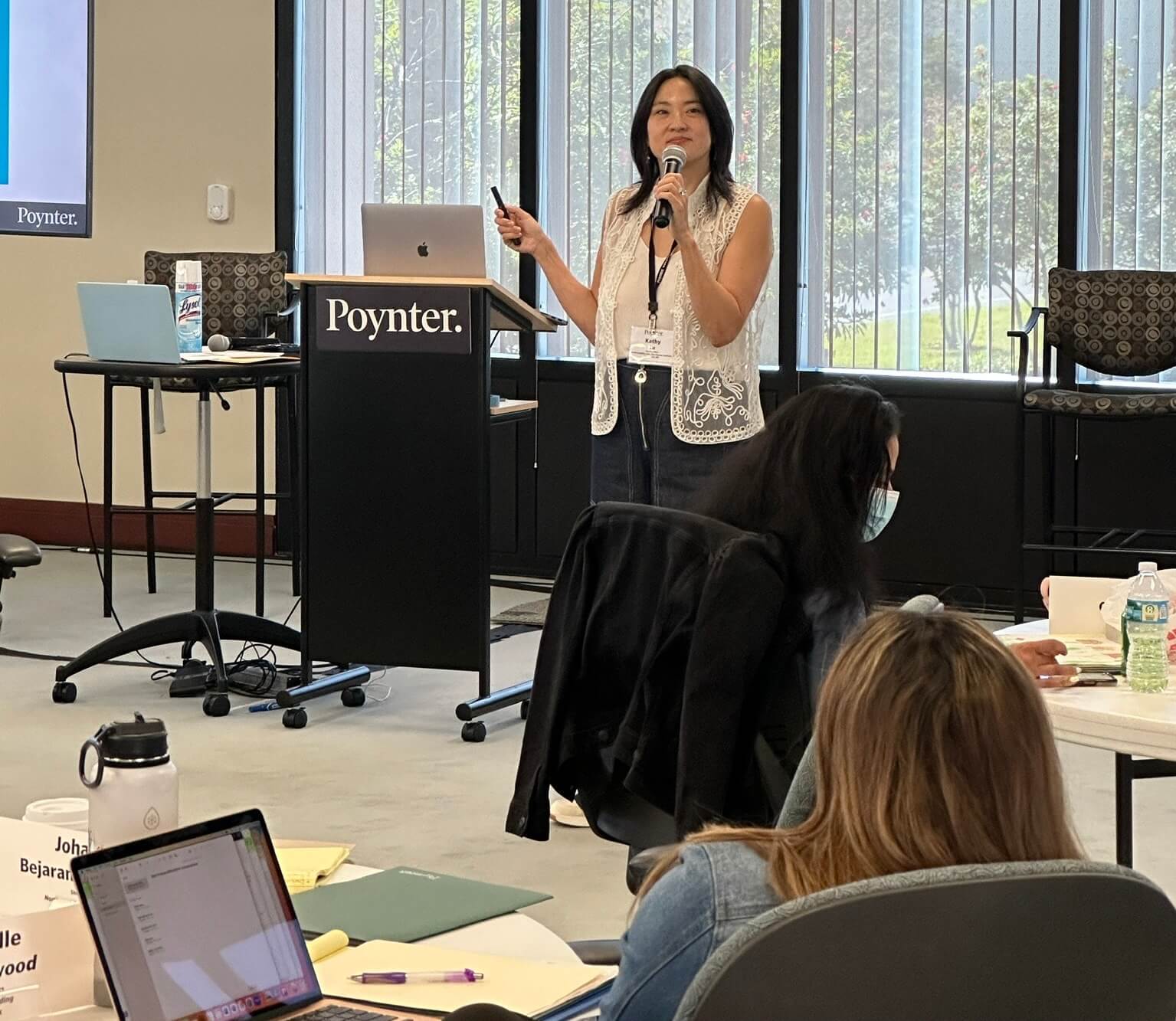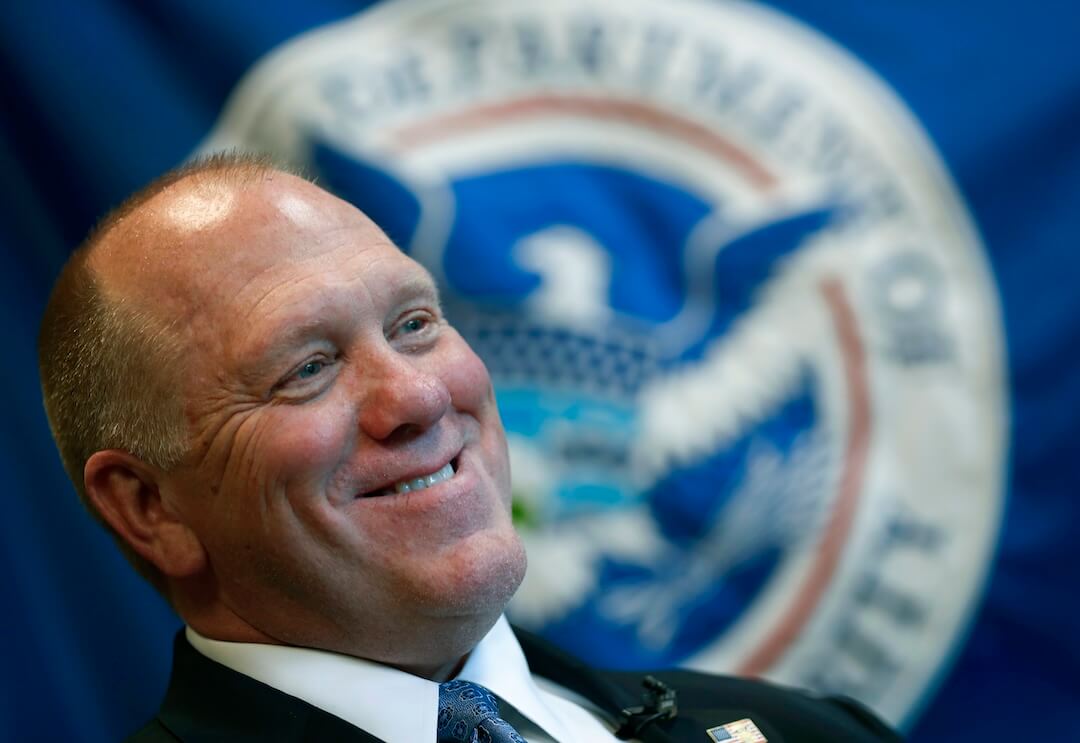Twitter
Keith Olbermann no longer works for MSNBC, but on Monday night he was still able to connect to the Twitter audience he built while at the network.
Monday afternoon, in the first message from his account since announcing his departure, he notified his followers that he would tweet during the time slot of his old show.
The former “Countdown” anchor followed up as promised, thanking his fans (“Friends of Keith,” or #FOK) and suggesting they watch Monday night’s “The Late Late Show with Craig Ferguson.” Ferguson’s opening monologue focused on Olbermann.
In five tweets on Monday night, Olbermann did not provide details of his departure or his future plans. But as Chris Richardson at The Christian Science Monitor notes, Olbermann did manage to become a Twitter “trending topic” and Google “hot topic” for the evening.
As Marshall Kirkpatrick points out at ReadWriteWeb, this is another fascinating example of how the media world is changing.
With nearly 200,000 Twitter followers, Olbermann’s online audience is almost 20 percent the size of his typical TV audience.
When pundits (or celebrities, reporters, or politicians) have personal audiences at that scale, what role does that leave for actual media companies?
The same thought occurred to me after Howard Kurtz left The Washington Post for The Daily Beast last October. I follow Kurtz via Twitter, and about a month later I realized that his move was entirely frictionless to me as a news consumer.
As a Twitter user, clicking a link to read his work at the Post is the same as clicking a link to read him at the Beast. As Twitter becomes a news delivery service, traditional news brands become fungible. It’s the content, or the personality, that matters.
There is no telling how Olbermann plans to use Twitter as he looks for his next job. But his exposure is growing: In the few days since he announced he was leaving MSNBC, he has gained as many followers (around 16,000) as he did in the preceding month.






Comments